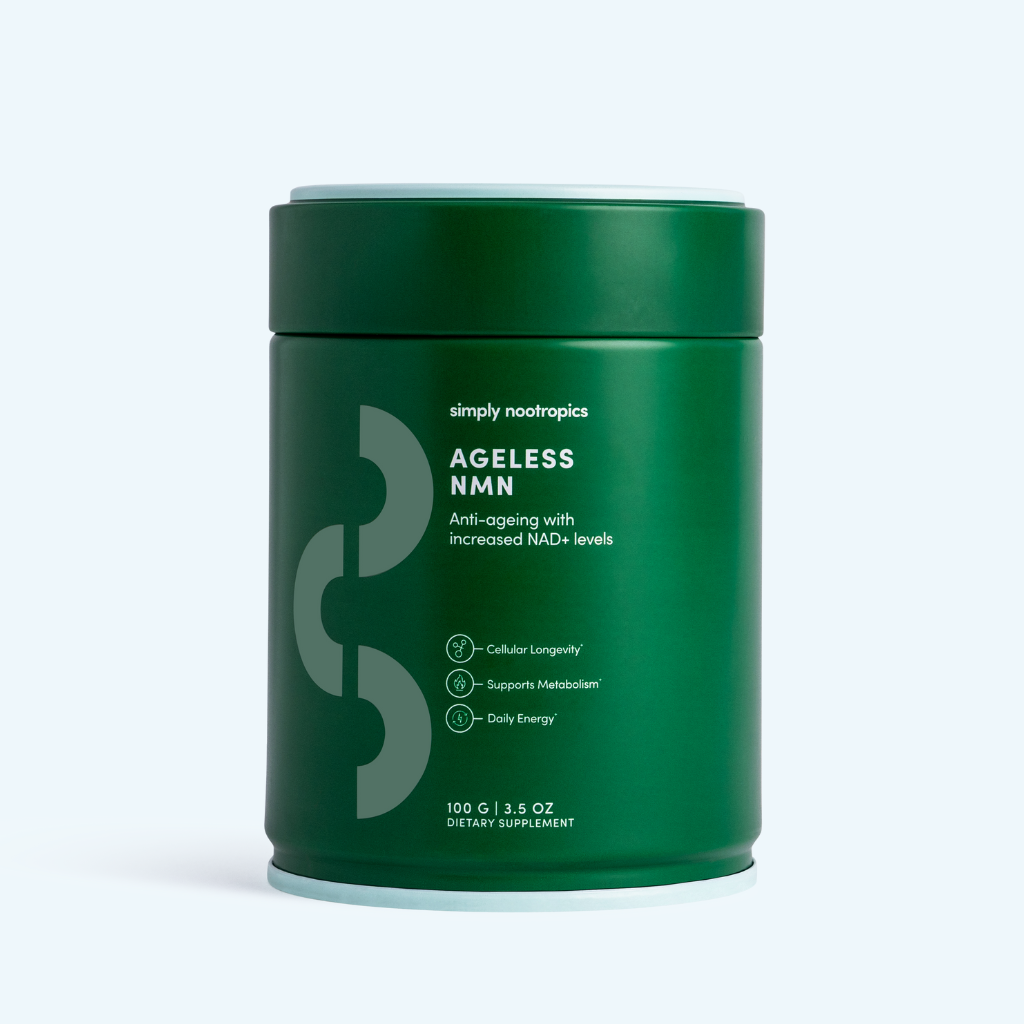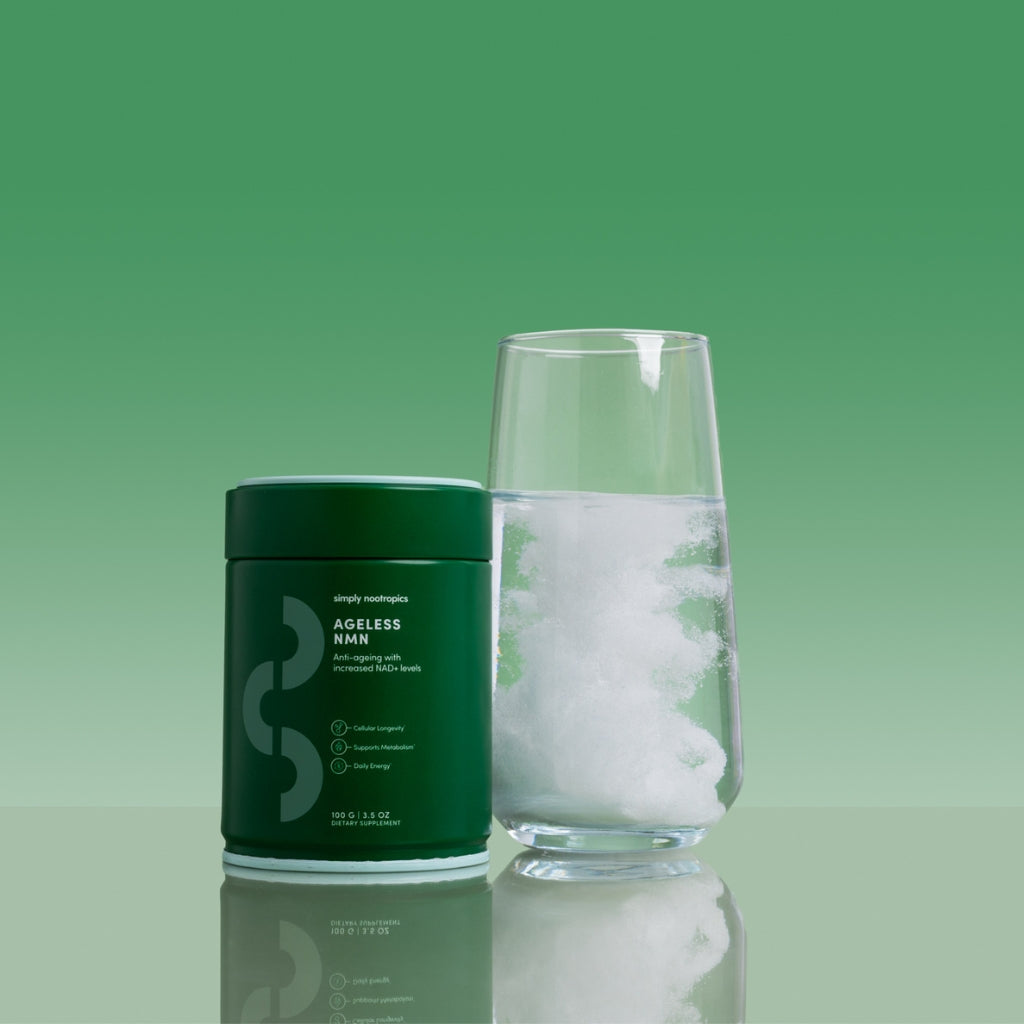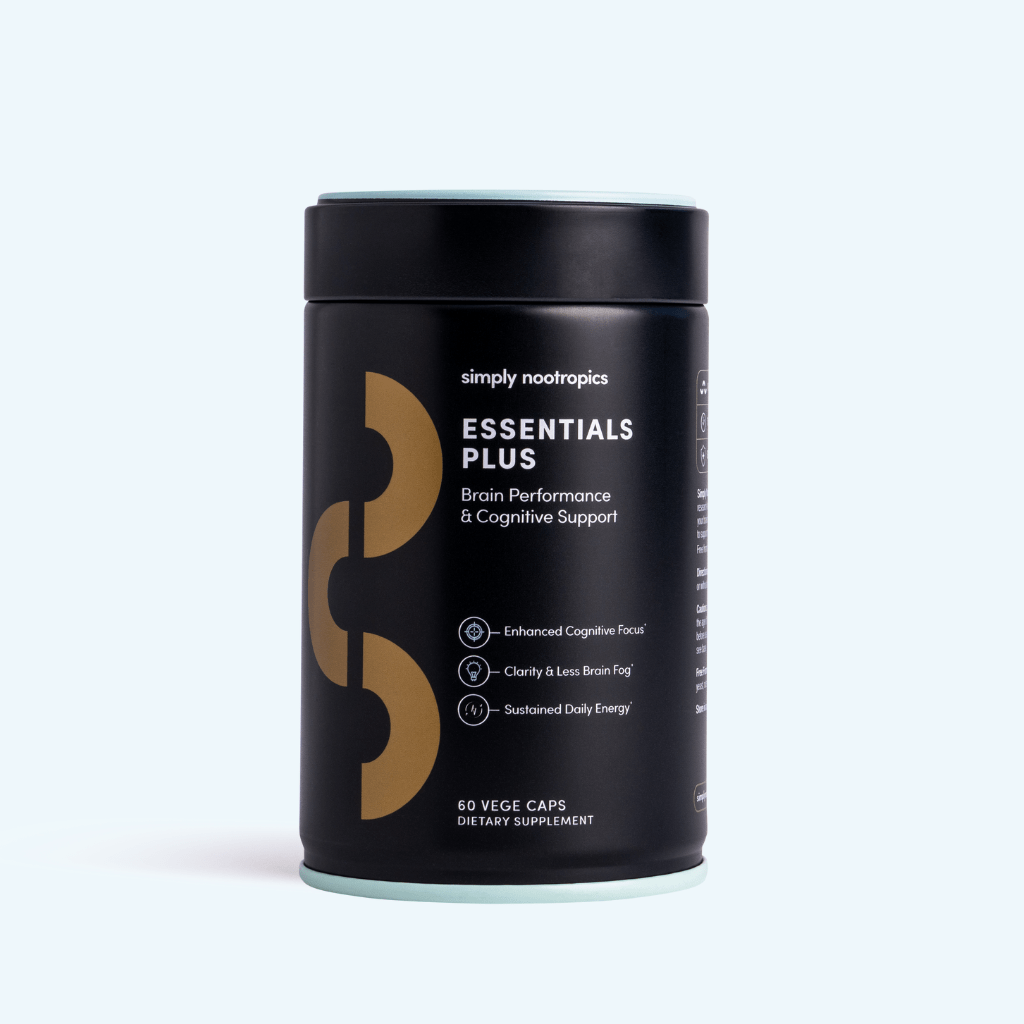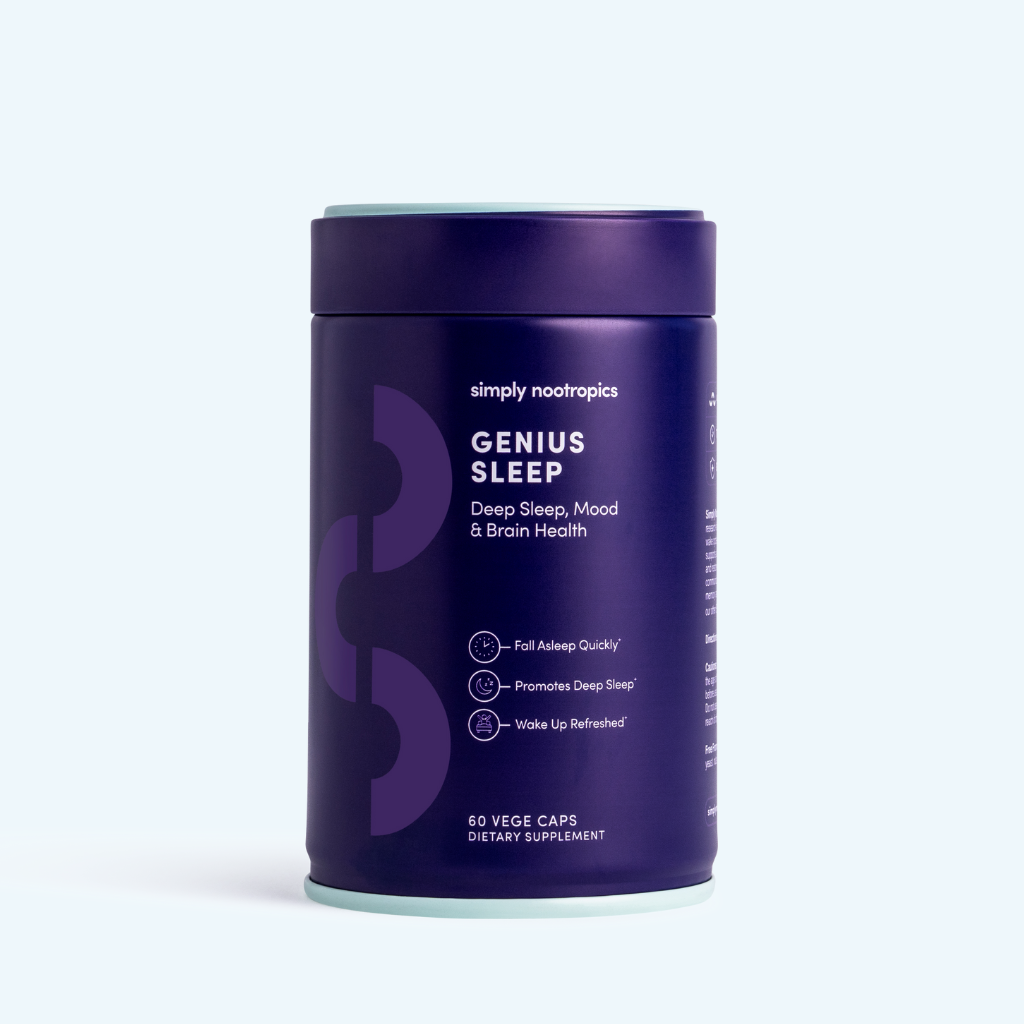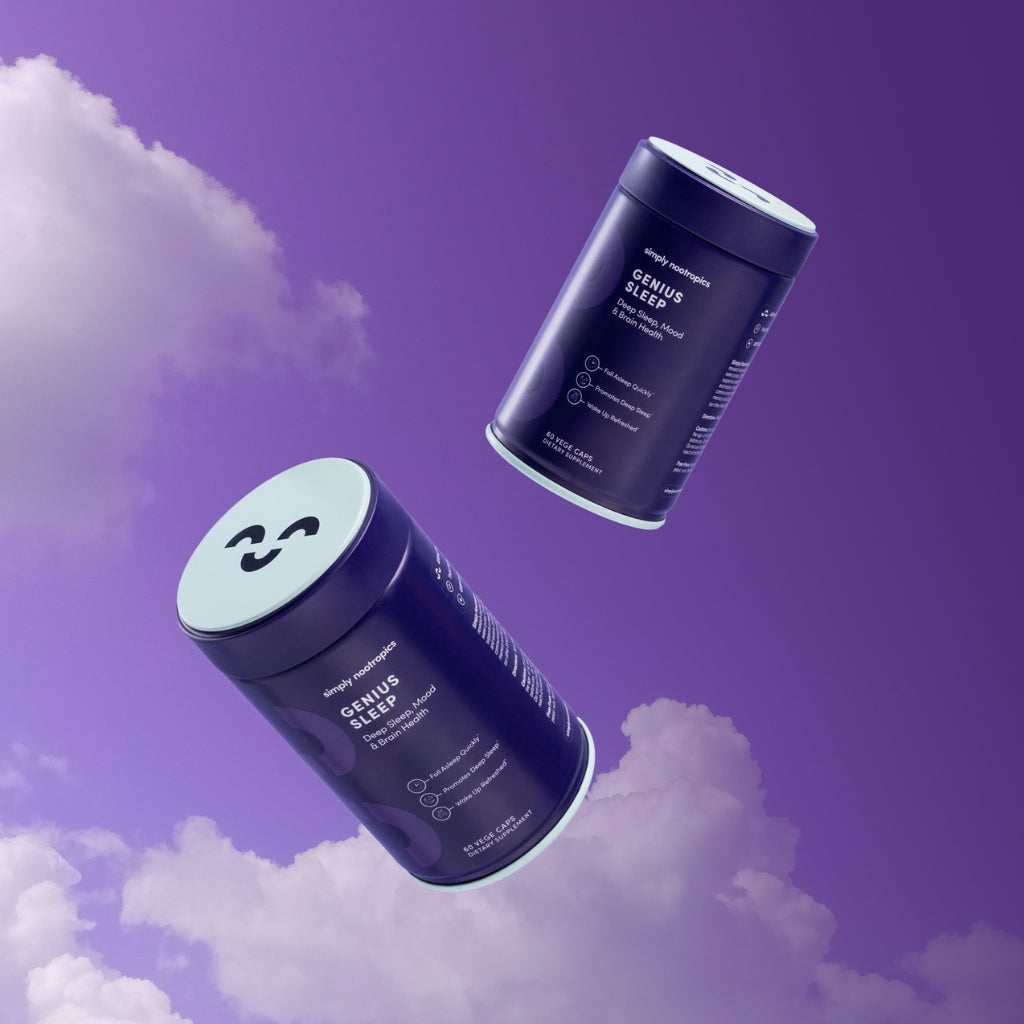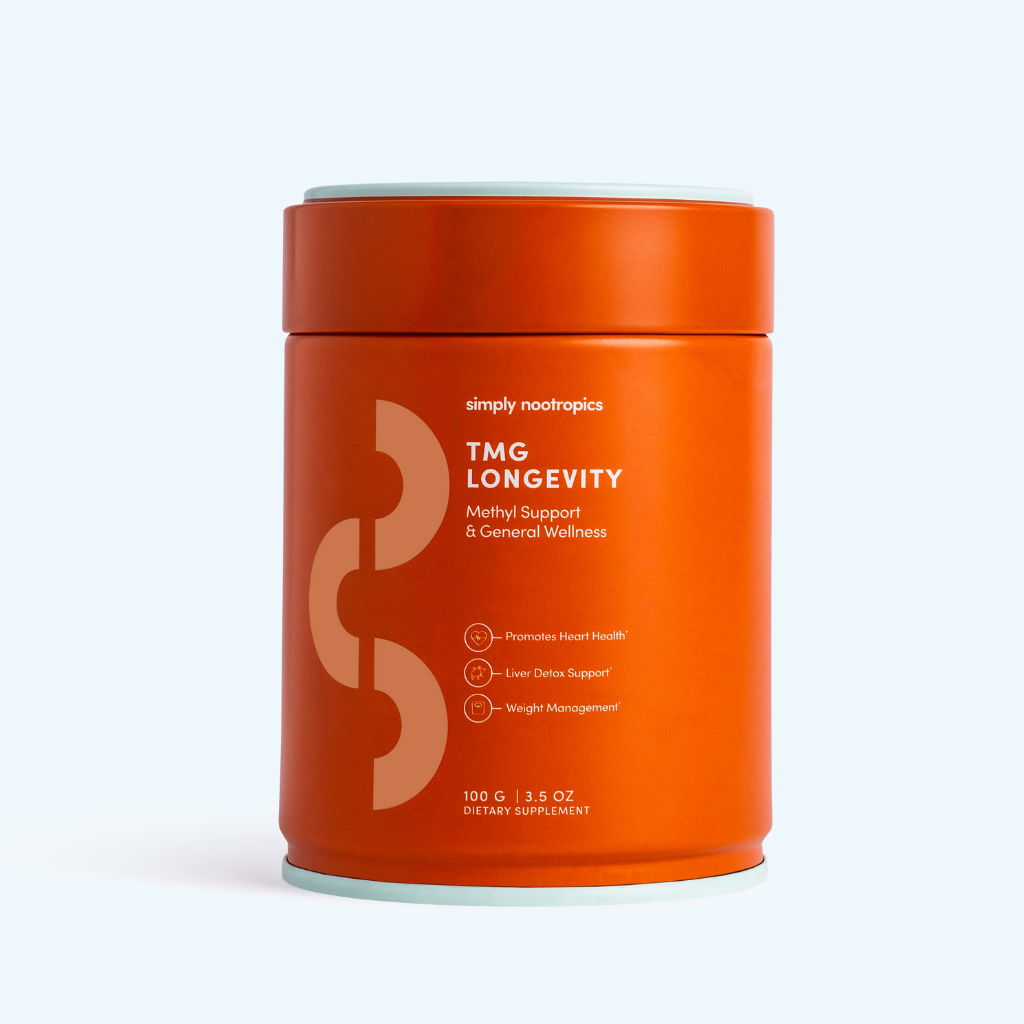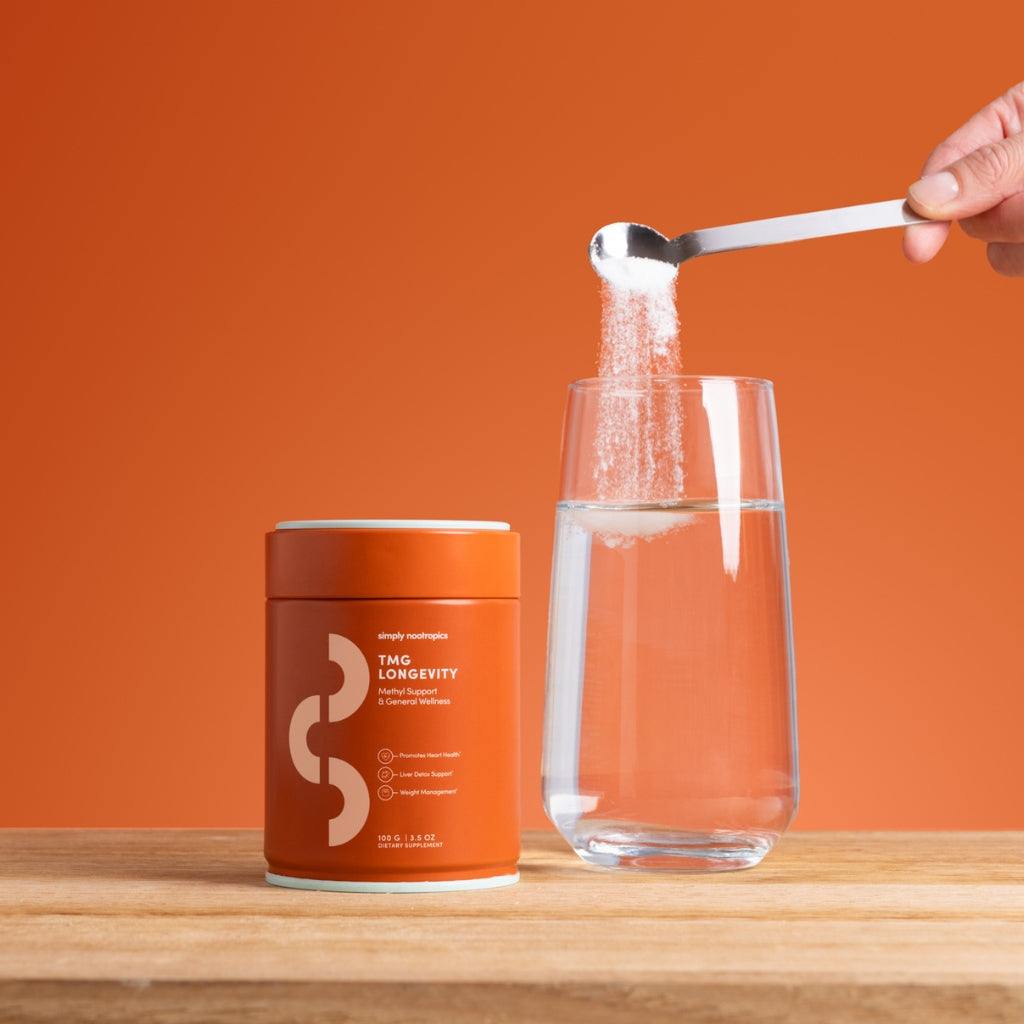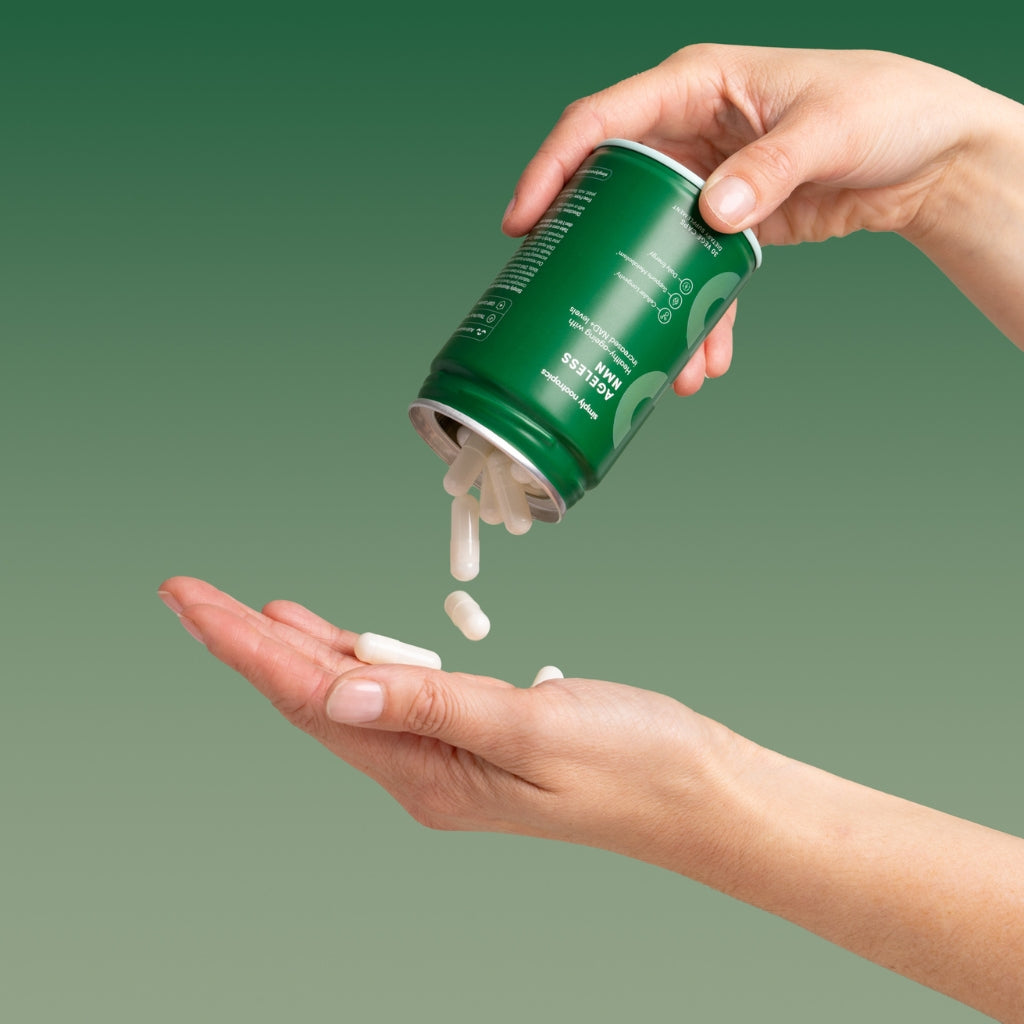Which Food Has the Most NMN?

Which Food Has the Most NMN?
Shiitake mushrooms, broccoli, cabbage, and edamame are among the richest sources of natural NMN. These foods are known for their high concentrations of NMN molecules, which are vital for supporting NAD+ production. Including these foods in your diet can help naturally boost NAD+ levels, supporting energy metabolism, cellular repair, and overall anti-aging benefits. Shiitake mushrooms, in particular, contain the highest levels of NMN, making them an excellent choice for those looking to enhance their cellular health naturally.

What Foods/Fruits Have NMN Molecules?
A variety of foods contain NMN molecules, including mushrooms, broccoli, cabbage, tomatoes, cucumbers, potatoes, oranges, and avocados. These foods are not only accessible but also beneficial for maintaining NAD+ levels naturally. Consuming these foods regularly can enhance your body’s energy production, improve metabolism, and support DNA repair processes. Green vegetables like broccoli and cabbage are particularly beneficial as they are not only rich in NMN but also contain other antioxidants that promote overall health.

How Can You Get NMN Naturally?
To obtain NMN naturally, incorporate foods that are high in this molecule into your diet. These include shiitake mushrooms, broccoli, edamame, and green vegetables like cabbage and cucumbers. Adding a variety of fruits like oranges and avocados can also boost your NMN intake. Fermented foods and whole grains, which promote NAD+ production, are also helpful. Maintaining a diet that is rich in these elements can naturally enhance your body’s NAD+ levels, promoting cellular health, energy production, and overall well-being.

Is NMN Just Vitamin B3?
No, NMN is not the same as Vitamin B3, although they are related. NMN (Nicotinamide Mononucleotide) is a derivative of Vitamin B3, also known as Niacin. While Vitamin B3 serves as a precursor to NAD+ through different pathways, NMN is a more direct precursor and is considered more efficient in raising NAD+ levels. Both compounds support cellular energy and DNA repair, but NMN acts faster in promoting these processes due to its direct role in the NAD+ biosynthesis pathway.


